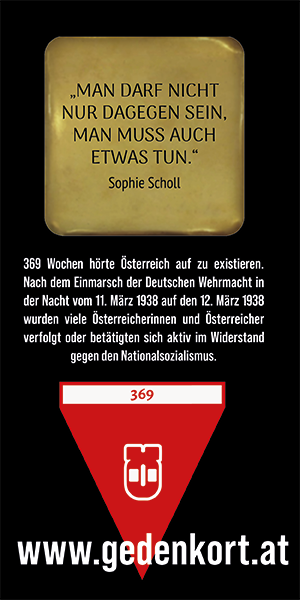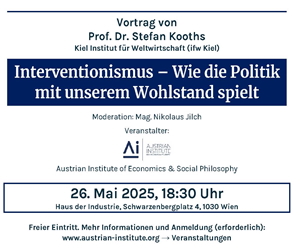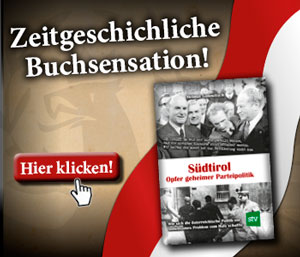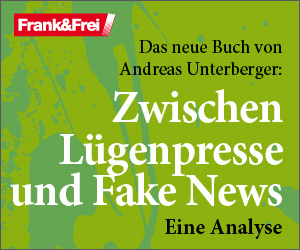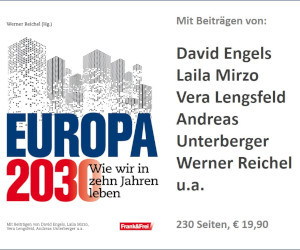To date Austrian trade unions have organised two demonstrations outside the Plachutta restaurant chain. It is certainly something that should be cause for concern.
Mario Plachutta is a restaurant chain owner with a growing business and a number of locations, and like almost any other restaurant owner is also regularly a victim of theft. The immediate dismissal of the Slovakian over the theft of a half a kilo of sugar is certainly something that can be traced back to frustration over this situation. The fact that Plachutta personally managed to catch somebody himself while at the same time hundreds of others went unnoticed was also probably a factor in his swift reaction. And of course the fact that he has a somewhat choleric temperament.
And of course, as is to be expected, the waiter challenged the decision in an industrial tribunal, which is something that you would expect in a democracy (even if that is separate from the fact that the industrial tribunals almost certainly find in favour of the employee). But leaving that aside, the fact is that the courts are there in order for a decision to be made about such situations.
What then can be the motive of the trade union officials after winning at court then go on to organise demonstrations? Do they want to show that the Arbeiterkammer&Co (Chamber of Commerce) is indeed good for something? It should be pointed out at this point that the waiter could have gone to the industrial tribunal without them. Was it perhaps to cover up the fact that the Chamber of Commerce elections were almost completely ignored? Or was it perhaps simply that the restaurant is in a nice location and offers a great photo opportunity? Could it even be Plachutta's once family connection with a Freedom Party politician? (In 1999 Heinz-Christian Strache married Daniela Plachutta, the daughter of Ewald Plachutta).
At the end of the day the reason is irrelevant. What is significant is when anybody, whether that is trade unionists or anti-fur trade opponents, decides to stage demonstrations directly in front of companies in a way that restricts their business activities. (Example in February 2000 flats belonging to ministers were blockaded for days (in opposition to the freedom party coalition government).
With activities like this the right to a demonstration is changed and becomes the right to threaten and to damage the business.
But this connection in our constitution here in Austria in contrast to other Western countries is treated far too one-sidedly. That's because the constantly to be defended right to have an opinion should not be so easily translated into threats, barricades and blackmail. But despite that, this is widely practised by the left.
What is also problematic is something that the Green party are doing ever more consistently – blockading streets for hours at a time even on busy roads like the city centre Ring Road. And that's simply for the fact that a few dozen of them have managed to sit on bikes or walk in the way of traffic. These people have the protection of the Constitution, even if there is only a handful of them causing massive disruptions to everybody else. Even if the carbon dioxide footprint of all that stationary traffic is enormous, because the drivers can't get to where they want to go, and have to sit with engines idling.
And while freedom of opinion is something that is worth fighting for, the more the focus is on this, the less the understanding seems to be when the right to demonstration is increasingly used as a way of breaking down opposition and winning the majority around to a different way of thinking. When that happens then this threatens the right to demonstrations in itself. Or should we allow people who are against cyclists being allowed on the ring or people who are critical of waiters who steal from their employer?
Perhaps it's okay to end up with a situation here, like the one we have in the Ukraine?
That at the end of the day is why we have courts, that is why we have numerous channels were we can give our opinion, that is why we have different people in our democracy with the right to different opinions. But we don't have the right to use aggression – not yet at least.
This English version of comment from the Tagebuch was translated by the British journalist Michael Leidig and his team at the Central European News agency. He can be contacted for corrections and improvements to the English here: (editor@cen.at)

